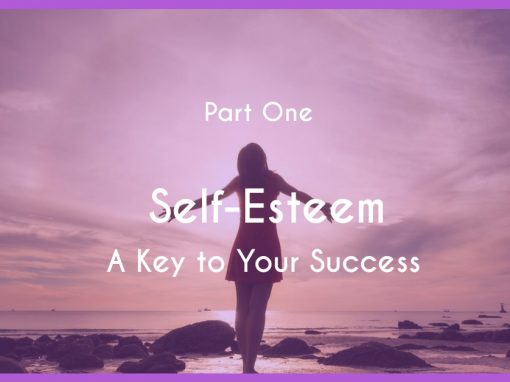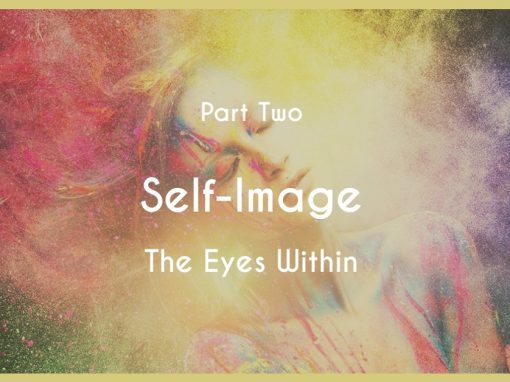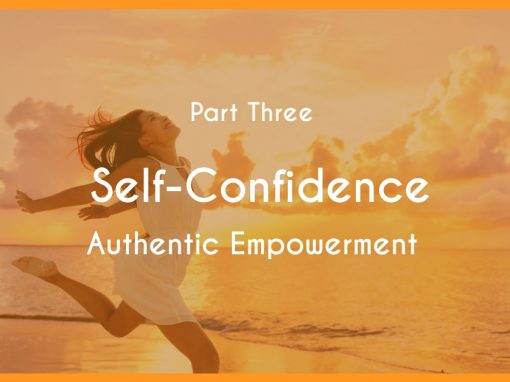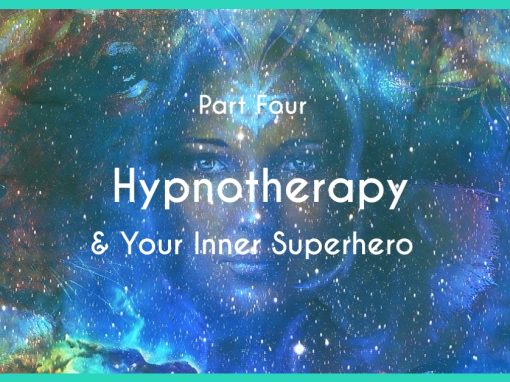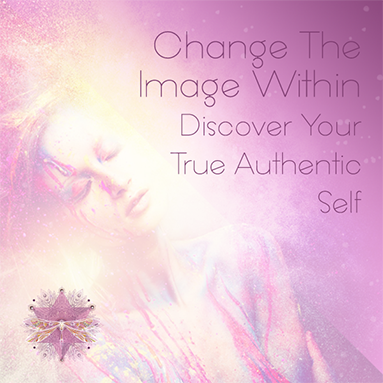
The Poison of Perfection
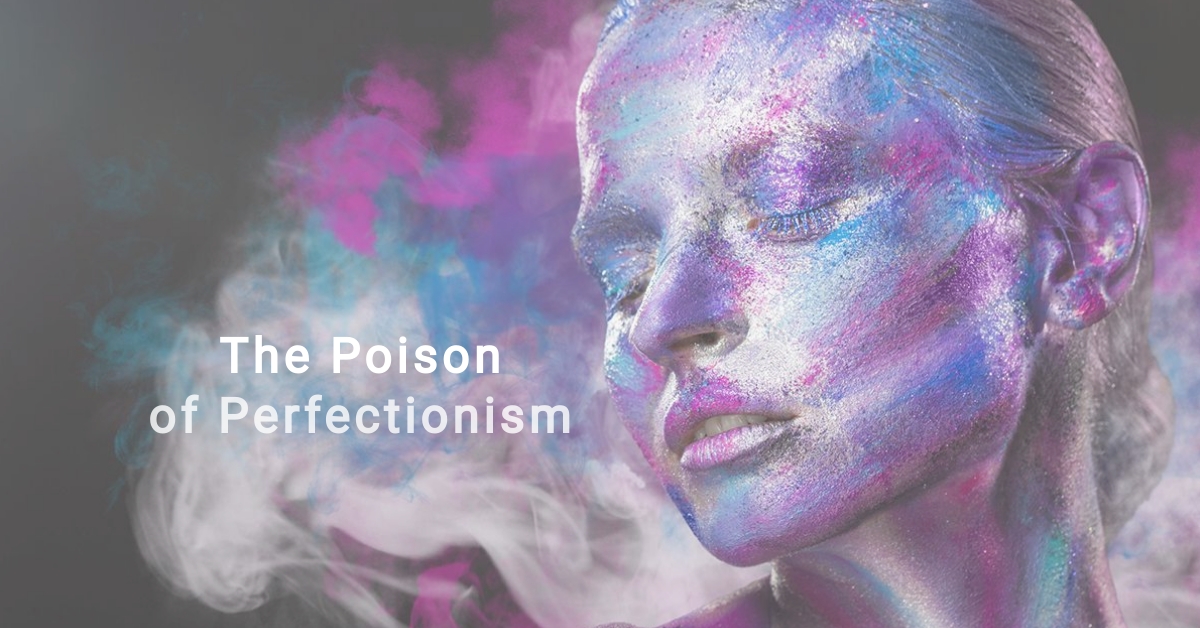
Perfection is an idea that is rigid. Self-Esteem is often crushed by the resulting effects of the focus of perfection.
How often do you find yourself berating yourself or belittling yourself because you missed some “perfect” mark? Perhaps it was something you said, or an experience you had that in your mind you had an idea of some sort of perfect ideal or standards of how things “should” or “ought” to be.
Perfection is actually an idea we learn as young children, just wanting to get things right. As we grow, especially from the ages of 7 and onward, we develop that inner voice, you know that voice that is exactly so nice. The voice of the inner critic.
The judger condemns and criticizes. The critic is often relentless and unkind. The critic only sees from a very small perspective — limiting the beliefs and the views of alternative realities.
I often ask clients “would you use that voice on your friends and loved ones?” Most people say they would never do so. The good news is most of has truly have a very kind and loving friend voice too.
In NLP we would categorize these thought as modeled behavior. We often learn these concepts from our parents. But when looking at a larger perspective, think where they learned it from – and it is easy to recognize it is a pattern passed down from generation from generation.
We are also influenced by other belief systems such as culture, religious teachings and perhaps even schooling. The media certainly promotes the idea of “perfection” when it comes” to the body and the ideals of how we should look, dress, eat … the list is endless.
Perfectionism is a direct rejection of the inner self. Perfection has the messages “I am not good enough, smart enough, popular enough, skinny enough, pretty enough, cool enough…” and the list goes on. It rejects the individuals aspect and completely operates from what is considered “toxic” shame.
The message of “I am not worthy” or “I am not good enough” is part of the deeper layers of the image held of the self. We seek answers outside of ourselves to feel better. Living with this critic and the judgement of imperfection, the pain we feel can be quite overwhelming. We are told affirmations can fix our unworthiness, or perhaps losing the 10 – 100 extra pounds – that will make us worthy.
Maybe getting that job promotion, that girlfriend, boyfriend, that new home, new car, that will make us feel “worthy”. Yet the truth is none of these can actually address the root energy of the sense “I am unworthy”.
Unworthiness is a core, root issue. The impact unworthiness has in our lives when chunked down is simply our vibration. It is what I term a “personal resident vibrational pattern” that sits deep in the core of our physical being – yes it is stored in our cells.
Attracting things such as abundance, healthy love relationships, success, they too carry a certain vibration. If the “I am not worthy” program is resident, even it it is out of the conscious awareness, then there becomes a conflict to what we believe internally deep in our core we are to what we desire.
Science and nature have so much to teach us. We tend to be super disconnected from the natural lessons of nature, yet if we look to nature, we can notice the perfection of imperfection. Adyshanti, author and teacher points out that we are under so many trances in our lives.
Trances are beliefs/ideas that we hold deep within and belief them to be of complete truth. The ideals of “perfection” is but one of the trances of the mind. Remembering all that you truly are from the inside out is the process of Awakening from a trance.
Begin to notice in your life that inner voice of the critic, and then think about what you might say to a loved one. Learning to love yourself comes from the process of mindful living.
Mindfulness is not just about meditation. Its the intentional act of getting conscious of the unconscious mind and recognizing you can choose what thoughts / beliefs you give your power.
Self Image and Self Esteem
